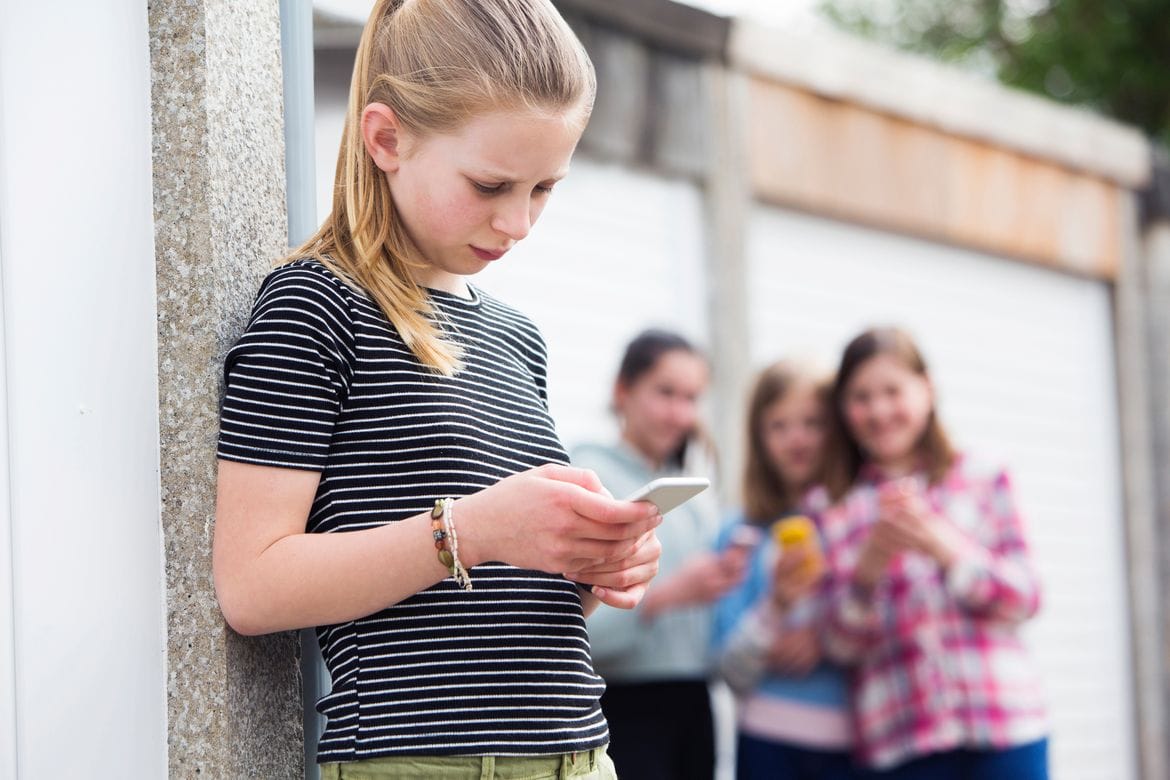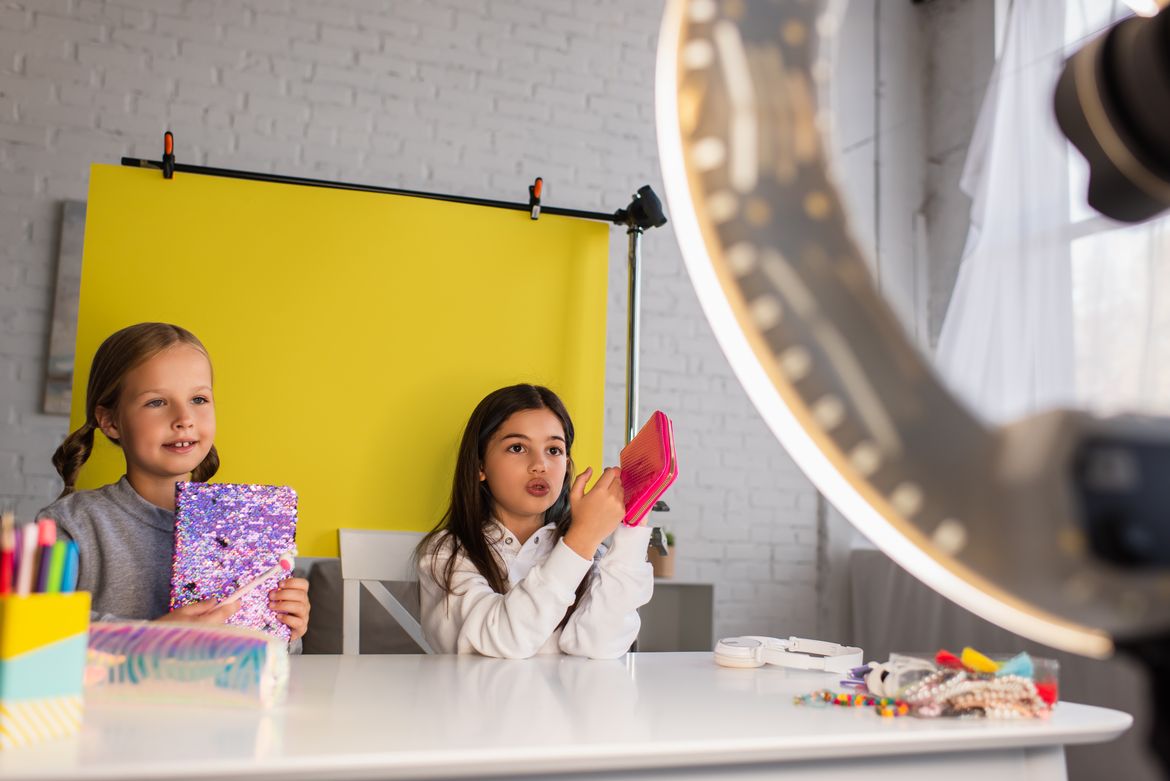As parents, it can be tricky to navigate the world of social media.
We want our kids to use social media safely and responsibly, but at the same time, we don’t want to stifle their creativity and sense of exploration. So how do you strike the right balance between helping your kids stay safe online and allowing them to enjoy the advantages that come with using social media?
Here are some tips to help you find that perfect balance.

Keeping Your Kids Safe on Social Media
There’s a lot to know about social media safety tips for parents, from the most popular social media sites your kids are on, to setting age appropriate limits, to monitoring social media use.
The most common social media platforms for kids are:
- YouTube
- TikTok
- Snapchat
- Twitch
As a parent, you know that social media is here to stay, and it can be a great way for your children to stay connected with friends. But the reality is that there are potential dangers, so it’s important to know how to create a space for safe social media for kids.
Let’s take a look at some tips to help protect your kids when they’re using social media.

Set an age limit for your child to start using social media
First, set an age limit for your child to start using social media. Many sites have a minimum age requirement for creating an account without their parents’ permission. Establishing a firm age-limit can help ensure that your child won’t get exposed to any inappropriate content before they are ready for it.
Talk openly about social media with your child
Talk about your own struggles with using social media, as well as the good and bad aspects of it. Make sure your kids understand how important it is to keep social media from interfering with sleep, meals, homework, other activities, and in-person friendships.
Have clear guidelines for what’s not OK on social media
Talk to them about never sharing photos or videos that jeopardize their safety or character.
Also explain why certain behaviors (like bullying or gossiping) aren’t acceptable on social media; emphasize that there is never an excuse for spreading rumors, or hurting someone else’s feelings or reputation online.

Create an open and non-judgmental conversation
The most important step in keeping your child safe on social media is creating an open dialogue between you and your child.
Try not to lecture them. Instead, have an honest and open conversation about their experiences. Ask them questions like “What do you like best about using social media?” and “What do you think are the biggest risks of social media?”
You can also explain why it’s important for them to understand the risks and be aware of the potential pitfalls associated with using social media.
Monitor your child’s social media accounts
It’s also important for parents to monitor their children’s accounts. Let your child know that you’re actively monitoring their social media. This doesn’t mean spying on them; it simply means being aware of who they are talking to online, and what information they’re sharing online.
Help your child choose a strong password
A strong password is crucial. Help your child choose a strong, secure password. which is a password that doesn’t include their name or any pet names. Finally, encourage them to only share photos and videos on their accounts that won’t jeopardize their safety or character in any way.
Don’t allow your child to accept friend requests from people they don’t know
As a parent, you’re likely already aware of this risk, but there are bad people online who use social media to stalk people and steal their information to cause harm. Make sure your child only accepts friend requests from parent-approved people they know, like friends and family.

Keep your child’s profile private, and regularly check your child’s privacy settings on social media.
This helps ensure that only people who should have access are able to view their posts and photos.
Set transparent and reasonable limits
Finally, it’s essential for parents to set reasonable limits when it comes to their children’s use of social media. Make sure that cell phones and tablets are kept out of bedrooms at night, so as not to disrupt sleep patterns or lead kids into cyberbullying late at night when no one is around.
Follow the same rules as your child, if at all possible, to set a strong, healthy example.
Encourage face to face, in person, contact with friends.
Encourage face-to-face contact with friends whenever possible as well. Socializing in person is still better than over text or video chat!

Have an ongoing, open dialogue with your child
You can’t monitor social media 24/7, especially as your child gets older, so a strong, open communication can help you, and your child, manage their social media use.
Social media can be a useful tool for connecting people from all over the world and fostering positive relationships. However, without proper guidance from parents it can also lead children into dangerous territory.
By following these simple steps—setting an age limit for using social media, talking openly about its pros and cons with your children, helping them choose a strong password, and encouraging them not to share anything online that might harm their reputation, you can help ensure that your kids use these platforms safely while still getting all of the advantages they provide!
